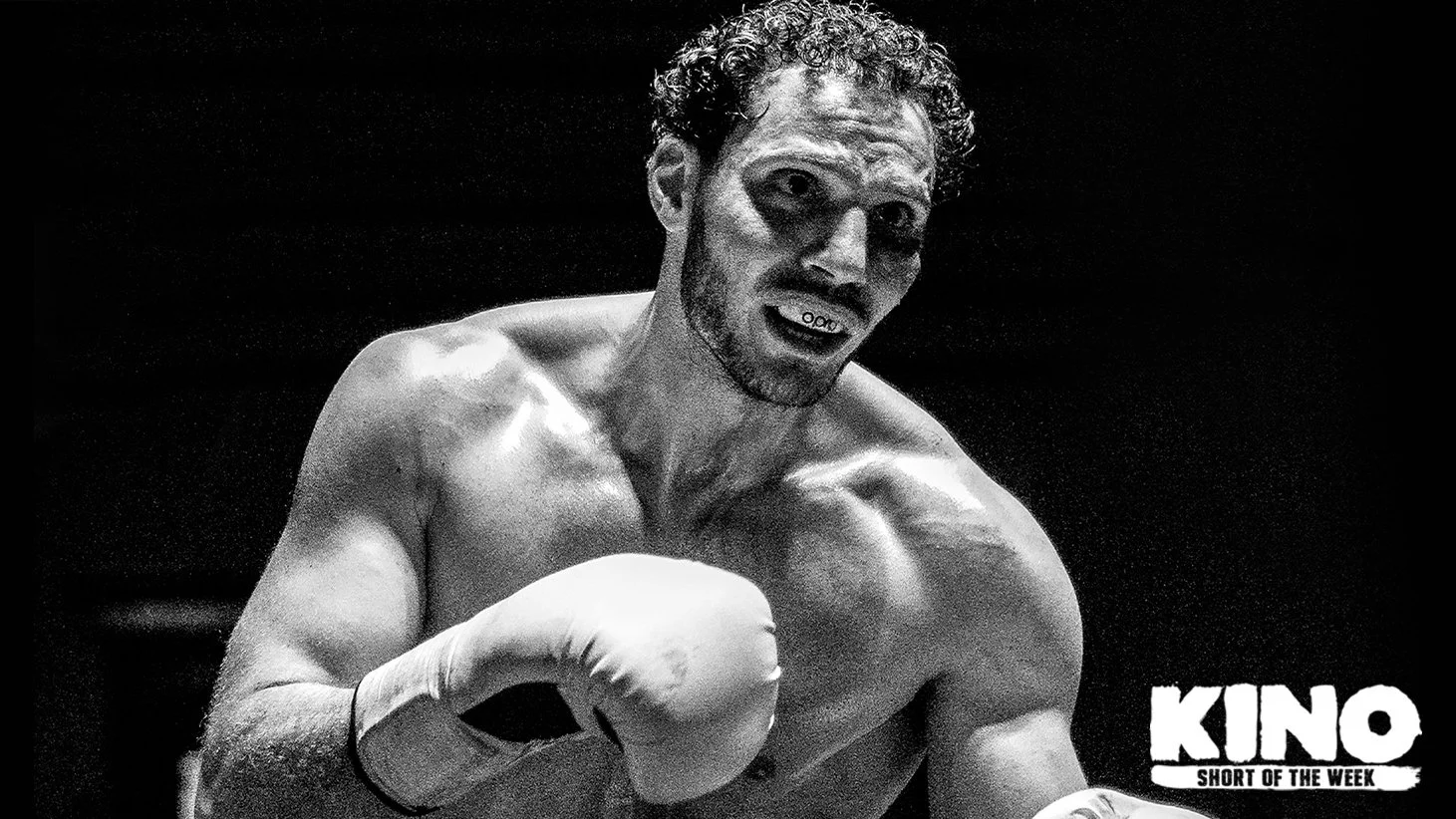DIRECTED BY Ross McGowan
WRITTEN craig mcdonald-kelly
PRODUCED by Chris evangelou, Ross McGowan, David hepburn, & craig mcdonald-kelly
Round 9. WBF super middle weight fight. Against his old stable buddy, and with his father in the other corner, the challenger Mason Mendoza is down on points. Now he's fighting for his pride.
ABOUT THE FILM
Shadow Boxer was the winner of the Audience Choice award at the Exit 6 Film Festival. It was also an official selection at the Tallgrass, Another Hole in the Head, and the BAFTA qualifying Bolton International Film Festival. Finally, it screened as part of the monthly screenings for the Academy Award qualifying Hollyshorts.
ABOUT THE FILMmaker
Ross is the director of multi award winning films at Deadline Films UK. Since 2017 he has directed 4 shorts for the company which have gone on to win multiple awards on the international short film circuit. Before the formation of Deadline Films, Ross directed the Showbiz TV original shows, Country Sessions (2016) and Talent Spot (2016). He is currently in post production on an upcoming web series, and has numerous projects in development.
Ross also works as an assistant director on high end TV and films, one of his most recent credits being Queen Charlotte where he worked with the director to create the background action in scenes featuring supporting artists.
READ OUR INTERVIEW WITH ROSS
Welcome to our Short of the Week series. Can you tell us a little bit about yourself and your filmmaking background?
I'm Ross and I've been making short films for over 10 years. Since 2017 I've been a member of Deadline Films UK with Craig McDonald-Kelly and David Hepburn.
Before the formation of Deadline Films, I was making overlong and over expensive shorts that didn't screen at any festivals. I approached the shorts after forming the company with the mantra of 'do what you can with what you have and cut your cloth accordingly.' This is a quote from Ben Wheatley on his first feature Down Terrace.
Hangover Food, Shadow Boxer and Byte have all had great festival success and have all won awards. They were all made on this mantra.
Since 2016 I've worked in the film industry as an AD. The on set experience has been invaluable, I've learnt from great directors, not so great directors, and have been able to creatively have my input on projects when setting background.
Tell us about the genesis of Shadow Boxer and how the project came about?
I met Chris on the set of The Gentlemen where he was cast and I was the key set PA. We got talking about short films at the after party and arranged a meeting at Nandos in wood green.
He pitched the idea of a boxing film centering on a father son conflict which I was drawn to. He also said he had access to a real fight night where we could go and shoot the wides, and we could do the mids and close ups at a gym, low angle pointing at the ceiling. Being told I couldn't do something made me think how could I do it? Access to a ring for 30 minutes. How do you make a 10 minute short in 30 minutes?
This was February 2019. I was about to start work on 1917 where I was a crowd PA, in costume, in the trenches, on camera. With this in the back of my mind, it became obvious to do the film as a oner. It's a way of flipping our biggest disadvantage: time and the lack of coverage, into our USP.
Chris and I wrote a treatment which Craig adapted into a script. Bound by a oner, flashbacks would have to become VO and find a natural way to fit into the film. Exposition would have to be given through the fight and I wanted it to be an immersive experience, where the audience are dropped right in the middle of the action and we learn what's happening through the course of the film.
On first glance, Shadow Boxer looks and feels like a single take. How did you hide your editing so well?
The film is made up of 8 shots. Logically it had to be broken down to apply make up to the fighters but also, because we were shooting this in front of a live audience, in a 30 minute window, mistakes were going to happen. When the adrenaline is going and there's hundreds of eyes on you, people make mistakes, and it happened on the night. Breaking the film down into these shots gave us the chance to bank what had already been shot. Imagine if it was ran as a oner and 8 minutes in, someone misses their cue. We'd have to go back and start again which we would not have the time to do.
I insisted on 5 weeks of rehearsals, every sunday leading up to the shoot date which was July 5th at the York Hall. Starting by filming it on my phone, we worked out the blocking of the action and the camera, and hiding where the cut points were. At this point, late May to June, I was deep into shooting 1917 so I was stealing techniques on how to hide the edits in front of me. At the end of every rehearsal, I'd edit what was shot and send it to everyone to review. It's this rehearsal and review process that made the edits look so seamless.
We built up to a dress rehearsal the week before the shoot with all departments where we made the film in a gym without an audience. I needed to know we could do it before doing it live in front of a crowd.
Tell us about wrangling your location and extras.
There are no extras! We stole the crowd! It's cheaper.
Chris was able to strike a deal with ring king events where we were the 'halftime entertainment', also selling tickets on his name and his return to the ring. That's how we got access to the York Hall, the home of British boxing, for free.
Wrangling a real crowd, getting them on side and to react the way we wanted them to. That's a little harder if you're not paying them.
I thought of this short film as a culmination of my short films but also my crowd AD work. We did the trench run in 1917 with 500 SAs. The conversations I was having were to hundreds of extras so I knew I could speak in front of a large crowd.
We had between 300-400 people there on the night. How do you get them on side? Look sharp. I wore a suit, fresh hair cut, the small things that make a first impression. I interacted with the crowd, "how are you doing? HOW ARE YOU DOING?" Get them to immediately react to me. I introduced the two fighters, and then got them to pick a fighter they supported. I then got them to cheer for which fighter they supported before we even started rolling.
I had a 3 minute intro, I had a radio in one ear, and was on a mic. To start with I'd tell the audience exactly what to do, as the shooting progressed, I'd give them leading direction. "Mason is on the floor, if he gets up you're going to raise the roof!" He gets up and the crowd got to their feet. They all played ball. It was incredible. I remember sharing a look with the sound recordist which said 'fuck, this is incredible'.
It was the closest to doing something live that I've ever come whilst making a film.
watch the behind the scenes video for shadow boxer
What were some of the main obstacles you experienced when making Shadow Boxer and how did you overcome them?
We had a lot of crew drop outs and we were marching towards a shooting date so there was a lot of last minute crew replacement.
There were certain timings the actors had to go off, dialogue from the corner men that was drowned out by the sound of the crowd, so I had to identify that they couldn't hear these cues and shout them myself.
When we first got into the ring, the adrenaline was running so hard in everyone that some cues were missed. We had to do the opening shot 3 times before we got it right. We had to stay calm, and progress.My radio died half way through the shoot and i had to throw it at an AD and get chucked a new one. Suddenly I was communicating with the crew through the mic as well as the audience instead of on radio.
Whatever we got, we got. I knew we had to treat it like theatre.It was a HUGE rush when it was over.
Tell us about the journey of getting your film to audiences.
We worked with Festival Formula to put together a distribution strategy. We shot in 2019 and did a screening at the PCC Nov 2019. Seeing it on a big screen, the way it was intended was amazing. It went to festivals in early 2020, then lockdown hit. Suddenly a film which was intended to be seen on the big screen was being seen on laptops.
It went to Film Shortage after the festival run, and it's having a second wind now, having gone on Klipist and now being featured here on short of the week.
What advice or hacks would you give to other short filmmakers?
"Do what you can with what you have and cut your cloth accordingly".
Don't waste money aiming for something you don't know if you can pull off. Learn how to walk before you can run. Make something you know that you can have absolute control over rather than aiming to make something that will look like a cheap imitation of something else.
Get experience on sets. Not just your own.
I would recommend that everyone that wants to make films does some time as an AD. Learn time management. Learn how the floor runs.
I wouldn't be where I am today without the skills and the contacts I made from doing these jobs.
What do you think is the biggest challenge short filmmakers face trying to break into the industry?
Self inflicted problems like trying to run before you can walk. I believe everyone has to make their share of bad projects before they start to become good, so when you fail, fail small. Learn from my mistakes. It's not a sprint. It's a marathon. It's 26 marathons back to back.
Industry wide, funding is always the big one, but you can make a film on a phone now so it shouldn't stop you from being able to tell good stories.
Any film recommendations that we should add to our watchlist?
My whole mantra is based around Ben Wheatley's approach to his first feature, Down Terrace, so that as a feature plus his film four interview about how he made it for £7K.
Short film wise, watch as many as you can, Klipist and Kino short film of the week are great for that.
I'd recommend Vincent Laforte's course directing motion on MZED.com, plus the youtube channels studio binder, lessons from the screenplay, the royal oceanic film society, Thomas Flight plus many others.

